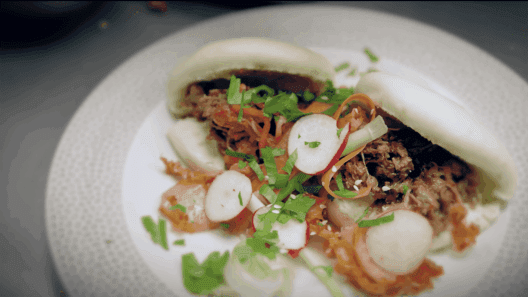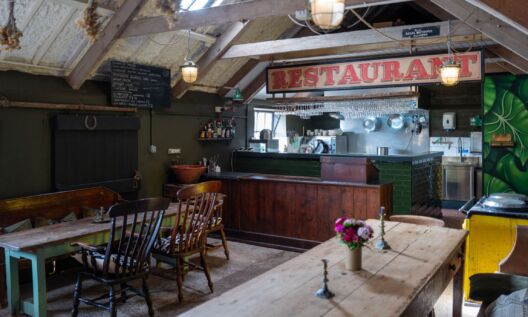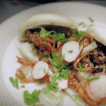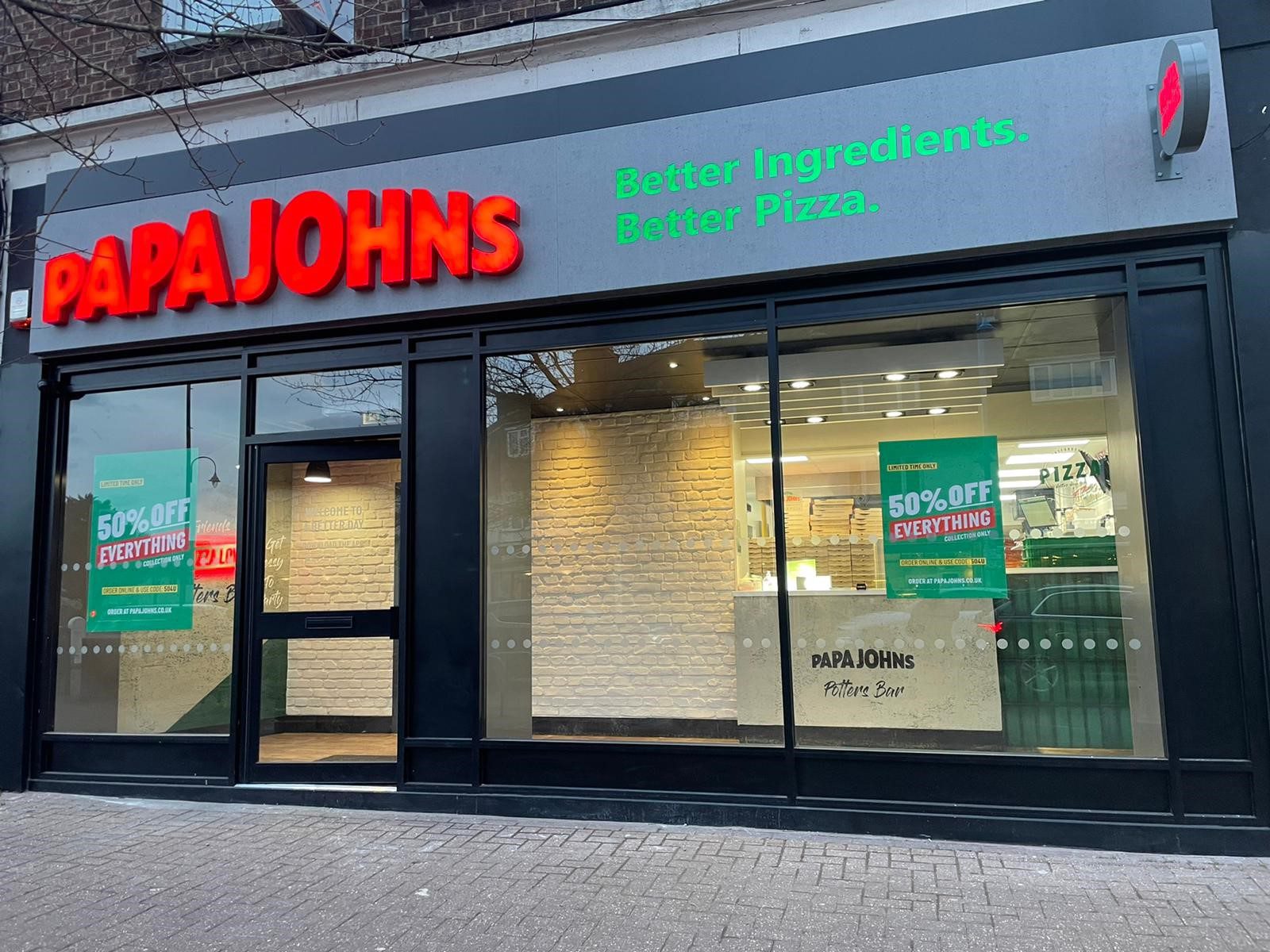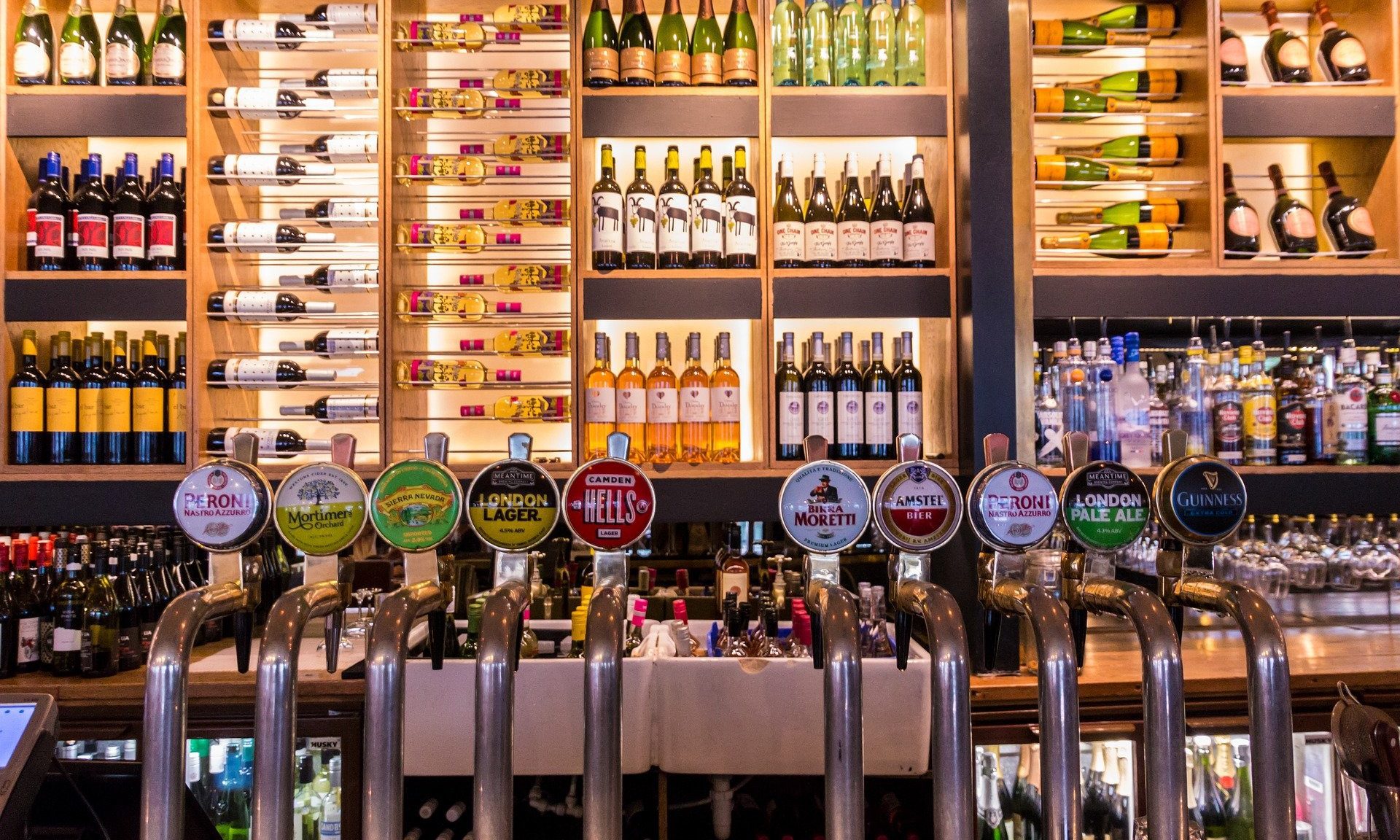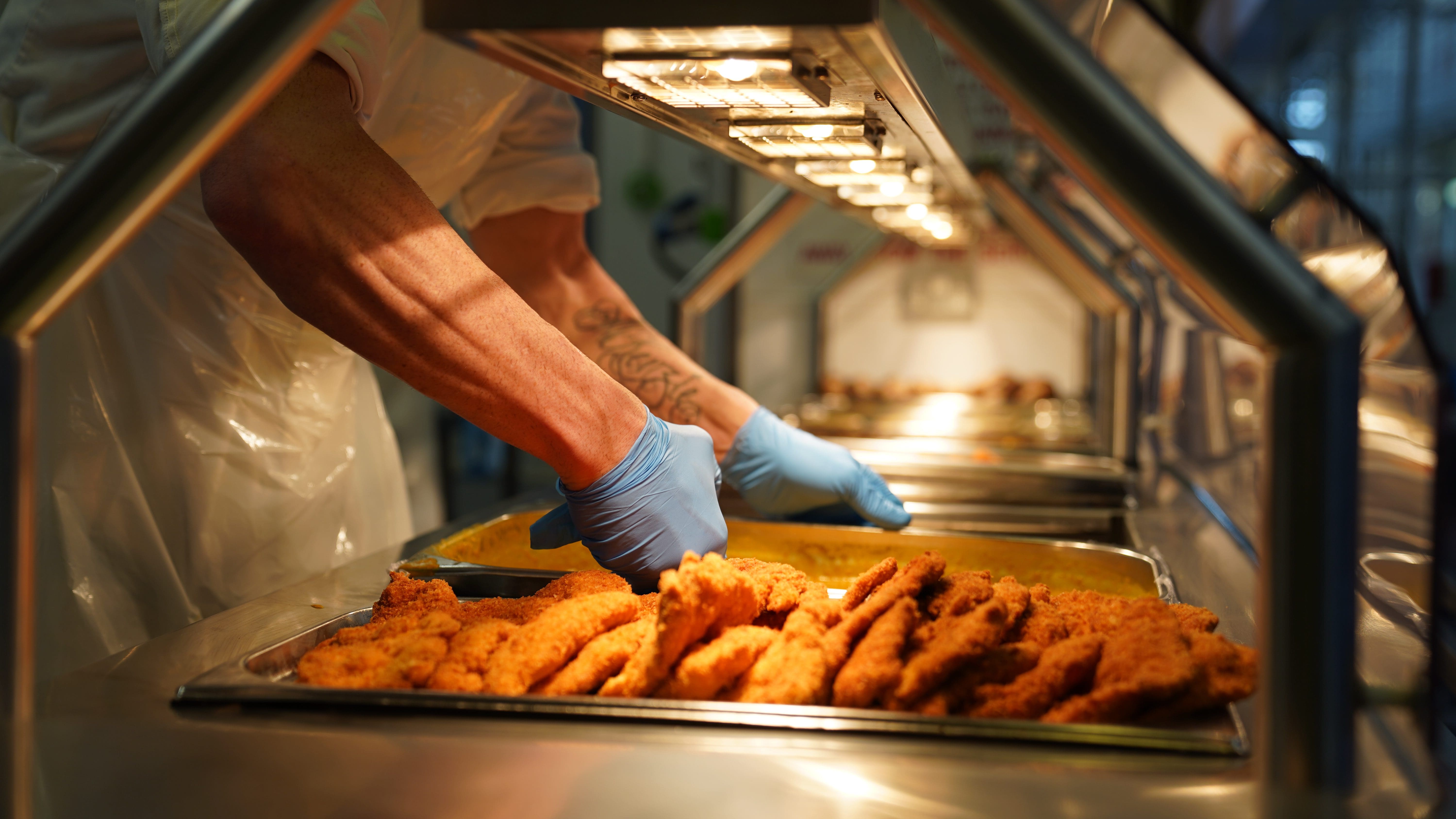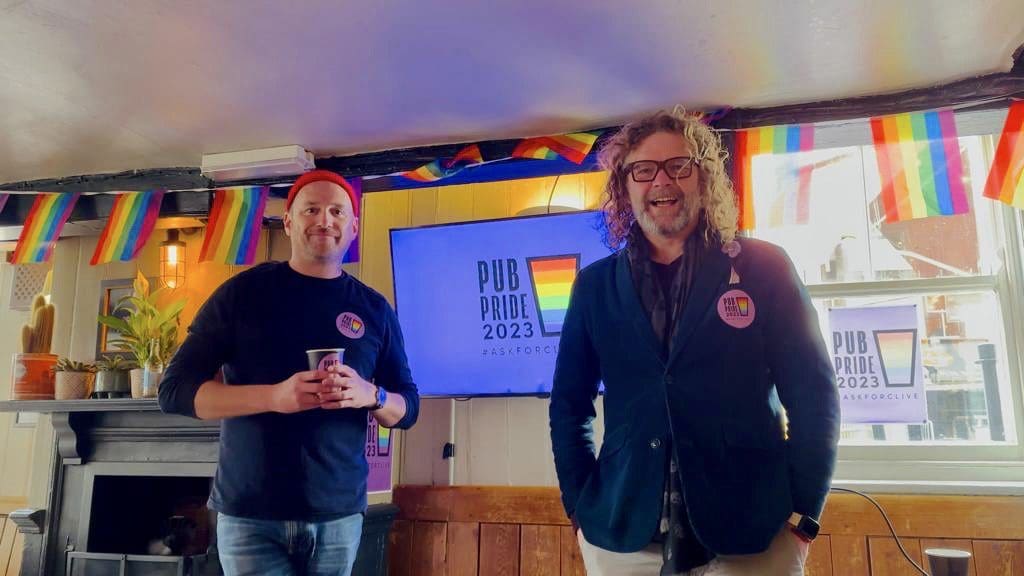Register to get 2 free articles
Reveal the article below by registering for our email newsletter.
Want unlimited access? View Plans
Already have an account? Sign in
Do you think people are starting to prefer mocktails instead of cocktails?
The low and no alcohol lifestyle is having a meteoric spike in popularity recently. As consumers become more health-focused and are facing cost of living pressures, the ability to enjoy cocktails throughout the day and evening without the negative impact and cost of alcohol is allowing people to enjoy themselves while remaining responsible.
Are bars and restaurants more likely to benefit or suffer from the changing drinking habits?
Bars and restaurants should see this as a beneficial time to expand their services into day-time socialising occasions and an opportunity to offer greater variability when it comes to demographics and dietary requirements. They shouldn’t just want to focus on evening mocktail drinking though.
We do have addressed seasonality within our drinks menu. Our recent Spring drinks menu caters for the work and shopping crowd with the iced coffee season upon us and this has been built on the bubble tea boom that is taking the capital by storm at the moment, meaning we’re able to give customers interesting drinks options throughout all hours of the day. While alcohol is more expensive, ingredients and non-alcoholic products are less expensive, so this also evens out any concerns for those formerly profiting on largely alcohol-based menus.
Based on your company record, how has the trend changed throughout the years? Do you find that more and more people are ditching alcoholic drinks in favour of mocktails? If so, why do you think this is happening now?
What we’ve witnessed is a general decline in alcohol consumption being increasingly common among younger generations, with a study by UK charity Drinkaware finding that over a quarter of Gen Z is now teetotal. This really shows a difference to a decade ago when going out was a key factor for the University student customer base for instance. It’s affecting older people too, with almost nine million people pledging to give up alcohol to participate in trends such as Dry January.
This has mostly derived from the evolution of health awareness since the pandemic’s several lockdowns. It prompted people to make healthier lifestyle choices while also ensuring they can still socialise outside of their homes and go further afield should they wish to drive home.
What can the catering industry do to welcome such changes?
We’re noticing that in the catering and hospitality industry, just being a restaurant isn’t enough anymore. There are a lot of brands out there now offering fully-fledged experiences, like us. In today’s economic climate, which suggests 63% of people will cut back on dining out spending as energy bills continue to rise, it is so important that we ensure our offering is genuinely unique and innovative to entice our city-centric customer base.
Consumers are seeking indulgent, ‘Instagram-able’ moments and menus, as well as healthy, low-sugar options and search for brands who are catering for dietary needs such as vegan and gluten-free. As such, the industry must adapt to offer intriguing and appealing flavoured drinks that mimic the enjoyable feeling of day or evening drinks with friends and family.
The drive to create inventive recipes and unique flavour combinations should be at the forefront of any hospitality venues mindset, and caterers should consider what customers really want to experience. For customers who cannot afford to visit worldwide destinations during the current cost of living crisis for example, they may just be looking for brands to invite and entice them with worldly flavours and inspirations within its menus. Heavenly Desserts has similarly taken on this idea and has been busy working on a new range of Japanese-inspired drinks flavours, combining wonderful-tasting ingredients that feature matcha, made from green tea leaves, and the yuzu fruit – this has helped us to stand out from our competitors.
Will this affect the after-work drink culture in the UK?
Yes, but positively. We’ve noticed a huge return to the after-work drinks scene in city hotspots like London, which seems to be flourishing again now. People are looking for alternatives to a night of drinking alcohol as they want to have fun but still feel ‘sharp’ the next day. So the hospitality sector must adapt to providing stronger more engaging experiences without the need for alcohol.
How is Heavenly Desserts making sure to target this customer base which is expanding?
We’re lucky enough that we have always catered well for this category with our unique flavour combinations and localised research, however, to remain relevant it’s the ability to adapt to new and upcoming trends. We are constantly progressing and keep a close eye on social and google searches as well as customer FAQ’s in our nationwide stores. For example, this year we noticed how social media searches for ‘pornstar martini mocktail’ increased 160% in the UK last year, so we responded by developing a passion fruit martini iced drink, likewise we consistently try out new flavour profiling – there’s no time for standing still in this industry.
When did you decide to launch an entire alcohol-free menu and why?
We’ve always had an alcohol-free range, but have more recently expanded our mocktails and iced coffee ranges to echo the Spring and Summer seasons and radical uplift in non-alcoholic occasions.
Based on your experience, what are the customers’ reactions? Do you find that now with more mocktails options, more customers are choosing those over alcohol?
The stigma of being considered ‘boring’ by not drinking has been swept away in recent years, as the sober curious embrace the growing number of products now on the market – with many dominating alcohol brands having created non-alcoholic versions of the world’s favourite drinks. Findings have suggested that a higher percentage of those entering the category (around 85%) actually have come from alcohol brand shared alternatives – showing it tends to be former alcohol drinkers trialling and converting to more responsible drink offerings.
Do you think this trend is going to get more and more people involved in the future?
Absolutely, The Portman Group, the alcohol social responsibility body and marketing regulator, says the market in the UK has grown by over 130% from sales of £108m in 2018/19 to £255m this year, reflecting how the alternative products have become ingrained with alcohol drinkers. It’s also gained a lot of traction within the media with brands like Guinness, Heineken and BrewDog all jumping on board in the beer category and Sipsmith in the gin category, so no and low alcohol alternatives are gaining a strong spot on bar and restaurant shelves for 2023 and beyond.


